The 13th Annual Law and Religion Roundtable, a two-day symposium that brings together an international group of ideologically diverse scholars to discuss works in progress and emerging issues involving religious freedom, was held at the University of Virginia School of Law on June 22-23.
UVA Law was the latest school to host the roundtable, which has rotated around various North American law schools since its inception in 2010. This year’s event took place less than a week before the U.S. Supreme Court in Groff v. DeJoy reached a unanimous decision in a case that strengthens religious accommodations for workers.
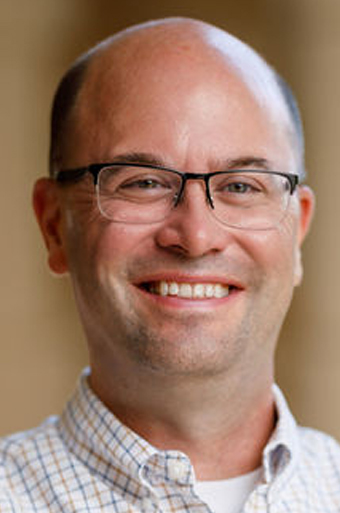
The event is one of the most important yearly events in the field of law and religion; in fact, several scholars present at the roundtable had either filed or joined various amicus briefs in Groff, according to Rick Garnett, a Notre Dame Law School professor who is one of the three longstanding co-organizers of the event. (Garnett led a brief representing Religious Liberty Scholars in Groff.)
The list of participants included academics across the ideological spectrum and also a mix of senior scholars and up-and-coming scholars in the field of law and religion, according to Paul Horwitz, a University of Alabama School of Law professor who is another co-organizer. Attendees represented a number of academic disciplines, including law and religion, theology, political theory and history, Horwitz said.
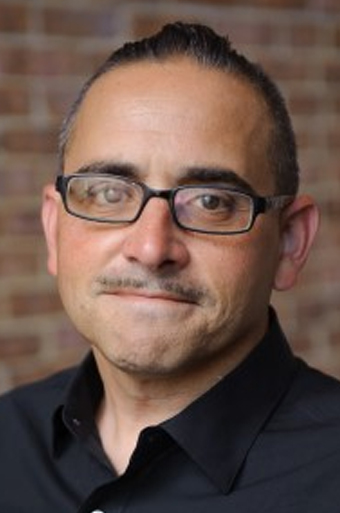
“That approach has offered senior scholars the benefit of new ideas and methods, junior scholars the benefit of early mentoring, and all of us the benefit of encouraging a true, collegial scholarly community,” Horwitz said.
One attendee, who is now a senior lecturer in law at the University of London, first joined the roundtable while he was earning his LL.B.
Participation in the event can be a heavy lift: 15 works in progress were presented, and participants are expected to read all submissions ahead of time so the day can be devoted to questions and discussion, rather than presentation.
UVA Law professors Richard Schragger and Micah Schwartzman ’05 presented their paper “Religious Freedom and Abortion” — one of two submissions discussing the possibility of religious exemptions from abortion bans.
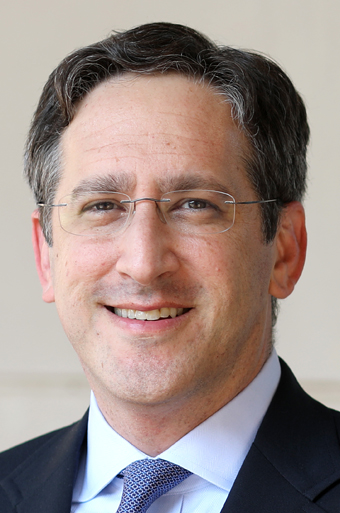
“These are obviously controversial issues, and it’s helpful to get pushback and to see where our arguments might need more work,” Schwartzman said.
As co-director of UVA Law’s Karsh Center for Law and Democracy, Schwartzman was one of the co-hosts of this year’s event, and his participation highlighted the breadth of ideological and political views among participants.
“Disagreement (and agreement!) with both papers came from around the table, from folks with different views on the underlying questions, different disciplinary focuses and different levels of experience in the academy,” Horwitz said. “Our goal is to improve each paper, regardless of the views of either speaker or questioner, with a view toward enriching the field as a whole.”
The roundtable also featured a talk by Robert Cochran ’76, an emeritus professor at Pepperdine’s law school and a leading figure in Christian legal thought, Horwitz said. Cochran presented a paper on legal practice from a religious perspective and also faced questions from a wide range of attendees.
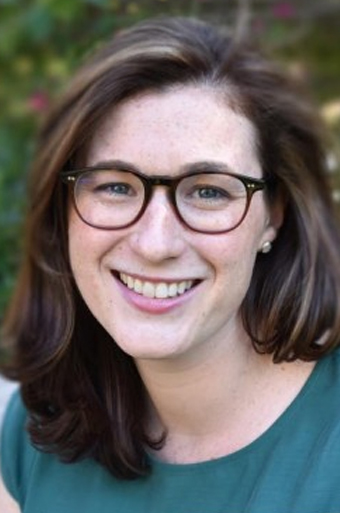
Schwartzman also highlighted a ground-breaking paper by Alyssa Penick, who is a postdoctoral research associate in the Center for the Study of the Age of Jefferson at the Jefferson Scholars Foundation. Her work on the history of disestablishment in Virginia and Maryland is part of her forthcoming book on “American Reformation: Church, State, and Law in the Revolutionary Chesapeake,” which will be published by the University of Virginia Press.
Other papers covered a broad terrain, including religious freedom during the pandemic, conflicts between religious liberty and LGBTQ+ rights in the context of government-funded social services, the role and scope of conscience provisions after last year’s Dobbs v. Jackson Women's Health Organization decision, and the relationship between religious freedom and other fundamental rights, particularly the freedom of speech, Schwartzman said.
More than 50 published articles have acknowledged the help of the roundtable in their notes, and some of the most influential papers in the field have been workshopped at the symposium over its 13 years.
Horwitz also said many chapters and whole book manuscripts have been given early exposure at the event. Those books, such as Brian Leiter’s “Why Tolerate Religion?,” have become some of the most important and influential contemporary works in the field, Horwitz said.
“Agreeing to Disagree,” a new book by Nathan Chapman and Michael McConnell on the establishment clause, was workshopped at the roundtable a few years ago and was published just four days after this year’s event, Garnett said.
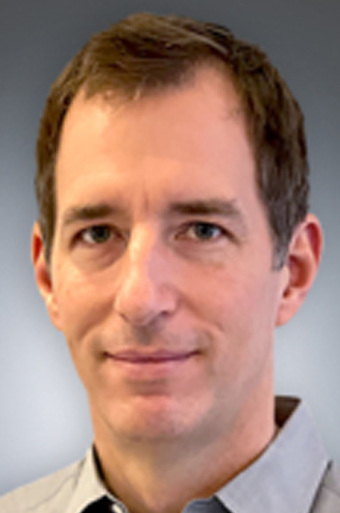
Nelson Tebbe, a Cornell Law School professor who is the third of the three co-organizers for the annual event, opened this year’s roundtable by noting a few important developments in the field, including the retirement of UVA Law professor Douglas Laycock, one of the nation’s preeminent experts on the law of religious liberty.
Tebbe also noted the recent passing of Kent Greenawalt and Steven Shiffrin, two influential scholars who had participated in the roundtable for many years.
The event was co-sponsored by UVA Law’s Karsh Center for Law and Democracy and Center for the First Amendment, and Notre Dame Law School’s Program on Church, State, and Society.
Founded in 1819, the University of Virginia School of Law is the second-oldest continuously operating law school in the nation. Consistently ranked among the top law schools, Virginia is a world-renowned training ground for distinguished lawyers and public servants, instilling in them a commitment to leadership, integrity and community service.


